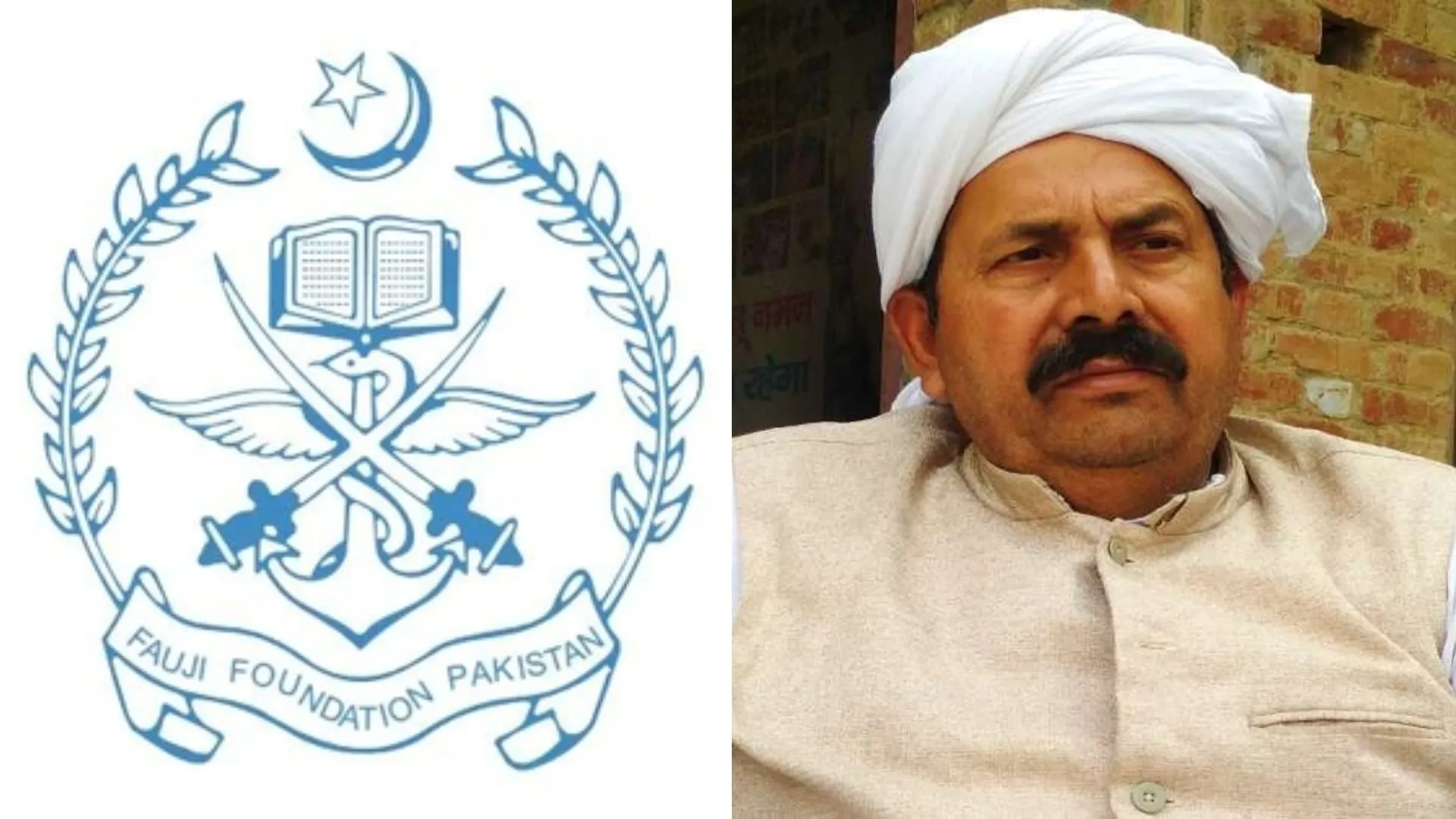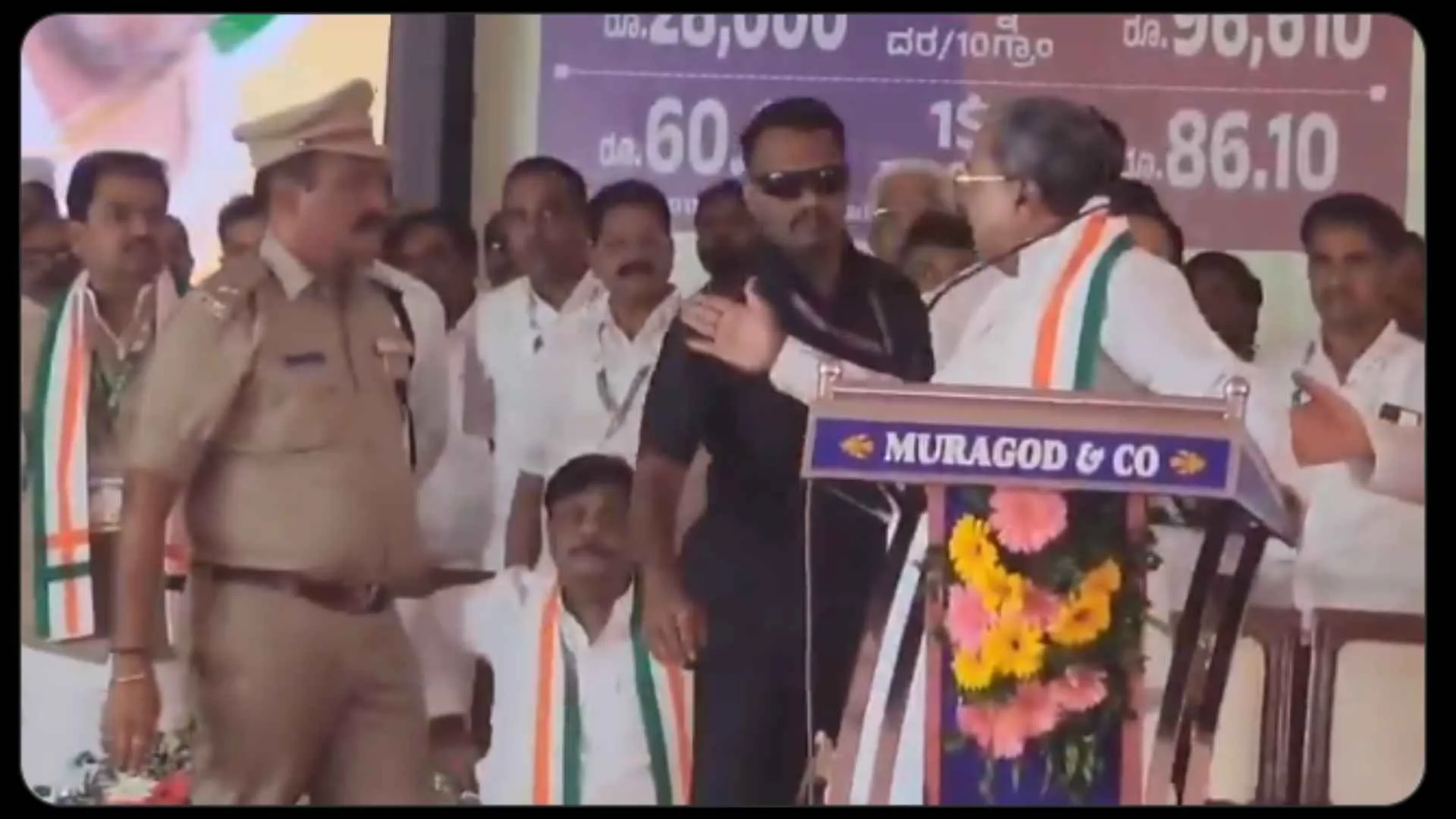Nirav Modi, the infamous diamond tycoon, has been incarcerated in London for nearly six years while awaiting potential extradition to India. The extradition process, which stems from charges of fraud and money laundering, remains stalled due to a “confidential” legal process, making it unclear when a final decision will be made. Recent court hearings reveal that Modi’s extradition may not conclude until at least late 2026.
Nirav Modi’s Court Appearance: Legal Challenges and Loan Dispute
Modi, who faces multiple legal battles, appeared in court via video link from Thameside prison for a hearing related to an ongoing bank loan dispute. The Bank of India is pursuing repayment of an $8 million loan linked to Modi’s Dubai-based company, Firestar Diamond FZE. During the hearing, Justice David Bailey revealed that Modi is awaiting the outcome of a confidential procedure, which may stretch well into 2026, suggesting that this may involve an asylum application in the UK.
Although it hasn’t been directly confirmed, it’s widely believed that Modi’s legal team is in the process of seeking asylum in the UK. This application, while not openly discussed in court, is likely delaying the extradition process and preventing a swift resolution of his legal situation. This adds another layer of complexity to Modi’s already convoluted legal standing in the UK.
Modi’s Legal Representation and Incarceration Conditions
During the latest court session, Modi appeared calm, dressed in a grey sweatshirt and jeans. He defended himself as a “litigant in person” and highlighted the challenges he faces while incarcerated, especially his lack of access to a computer. He pointed out that his inability to access an internet-enabled device severely hampers his ability to prepare his defense, calling his situation “unfair” compared to the resources available to the Bank of India.
Justice Bailey ruled against staying the proceedings, but he also agreed to adjourn the case pending an appeal for Modi to be provided with a working laptop. This would enable him to better prepare his defense in the ongoing legal matters, including the loan dispute and other cases, such as his bankruptcy proceedings in the United States. The judge also ordered that Modi be given access to hard copies of relevant legal documents.
Parallel Legal Cases in India: Fraud, Money Laundering, and Interference
Apart from the UK proceedings, Modi is facing several serious charges in India. These include fraud involving the Punjab National Bank (PNB), alleged money laundering, and accusations of tampering with evidence and witnesses in the ongoing CBI investigation. The outcome of these criminal proceedings will play a major role in determining Modi’s fate in both India and the UK.
Modi’s extradition case has been ongoing since his arrest in March 2019. Although the UK Home Secretary ordered his extradition in 2021, Modi’s legal team has used various avenues to delay the process. He has exhausted all appeal options, including taking the case to the Supreme Court, and has faced repeated refusals for bail, with the court citing a substantial flight risk.
Modi’s legal challenges remain complex, with multiple cases in both India and the UK. The “confidential” legal process in the UK, possibly tied to his asylum application, means that his extradition may remain unresolved for several more years. His fight against extradition and the bank’s claim for repayment of the loan highlight the continued legal battles that are likely to keep him behind bars for the foreseeable future.
ALSO READ: Trump Says Mexico and Canada Tariffs Will Go Into Effect on March 4






















